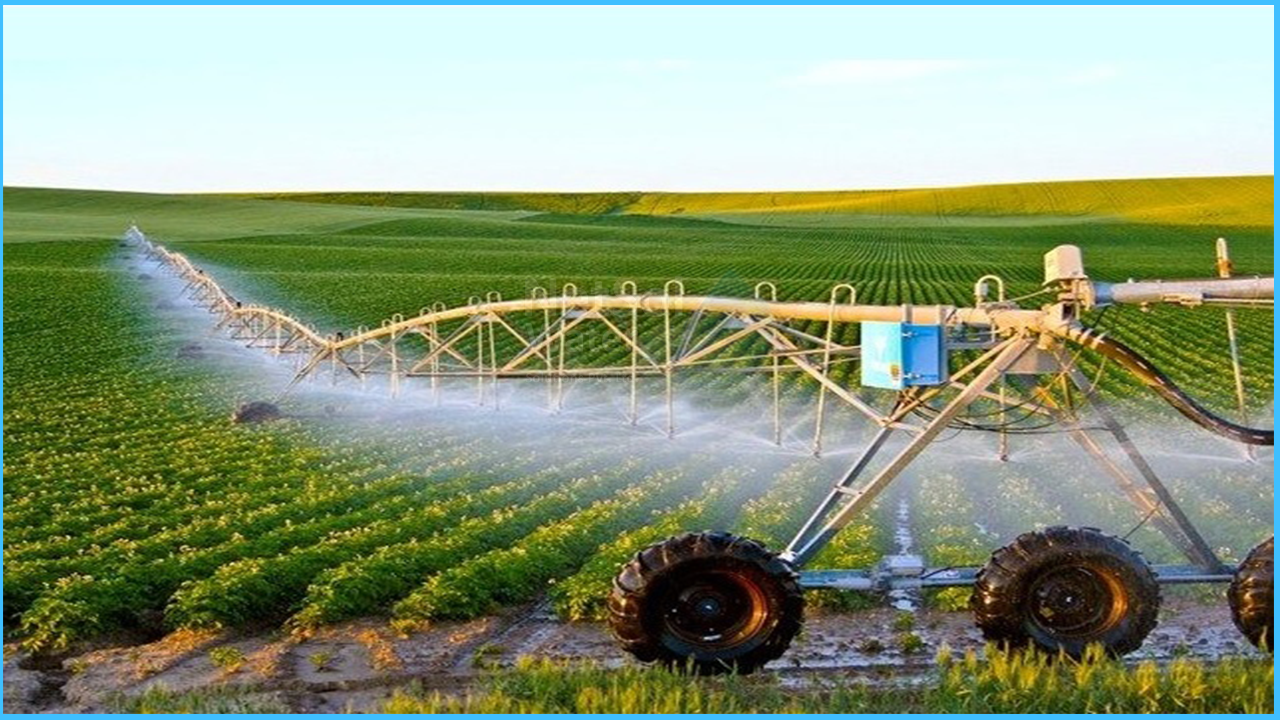Agriculture continues to consume the majority of our water resources, and the reality of depleting water sources is a concern that the world largely ignores. As a result, our approach of developing high-quality water treatment systems that can generate large amounts of freshwater from inappropriate sources such as the ocean, rivers, lakes, wells, and so on has made significant progress in relieving the stress of many industries, most notably agriculture. The significance of water for agricultural purposes cannot be overstated, as it is this resource that drives food growth. Water is required not only to develop crops but also to rear livestock for our meat products. There is a direct relationship between the amount of water applied in the agricultural sector and the amount of crops produced. For farms, reverse osmosis systems can be a terrific investment. Water molecules are separated from other dissolved particles in the water by reverse osmosis (RO) filters (like carbonates). Carbonates, which act as a buffer, can make pH control harder. The reverse osmosis filter, in its most basic form, is a membrane through which water is pushed, filtering it at the molecular level. The membrane prevents the majority of dissolved solids from passing through. As a result, the water that emerges from the filter is much closer to pure water.
IMPORTANCE OF RO SYSTEMS FOR AGRICULTURE
Reverse osmosis systems for agriculture minimize salinity in water and, as a result of sodium depletion, sodium absorption, which prevents soil and land drying in the long run. The soil dispersion phenomenon occurs as the sodium content of the soil rises owing to the usage of saline water. The amount of crop production that can be eliminated by water treatment is likewise reduced when using salt water for irrigation.
Reverse osmosis systems for agriculture are vital because the use of salt water in agriculture diminishes the useful physical qualities of the soil, implying that the land is drying. The primary objectives of agricultural water treatment are to address the following issues:
• Increased salinity (the quantity of total salts in water)
• Sodium amount or concentration in water in comparison to other cautions
• Water's anionic molecules, particularly carbonates and bicarbonates in high concentrations
• Plant growth is hampered by high levels of boron or other harmful elements.
SOIL TYPES AND NECESSITIES OF RO PLANT FOR AGRICULTURE
Reverse osmosis systems for agriculture: Soil type and requirements
The size of the constituent particles in the soil texture is divided into three groups-
• Particles larger than 0.02 mm in sandy soil
• Silt soil with particles ranging from 0.002 mm to 0.02 mm
• Clay with a particle size of less than 0.002 mm
The charge of soil particles is negative. The smaller the dust particle size, the higher the specific surface, which absorbs cations due to its negative charge. Traditional soils include roughly 70% calcium, 25% magnesium, and 3% potassium ion, whereas saline soils contain considerable levels of sodium ion. Desalinating water is required for irrigation of the agricultural area to minimize soil salinization.
In general, water treatment is necessary because the soil will have a good physical property if the ions absorbed by soil particles are of a bivalency type, such as calcium and magnesium, but continual irrigation with saline water will replace non-valent ions, such as sodium, with these ions. When at least 10% of the absorbed cations of soil particles are sodium, the soil loses its structure due to particle dispersion and permeability decreases.
Salinity or electrical conductivity is determined in agricultural reverse osmosis systems by measuring the electrical resistance of two electrodes immersed in parallel in a solution. The electrical conductivity increases linearly as the salinity or concentration of water salts increases. The percentage of exchangeable sodium, or ESP, is a key parameter for describing the physical and structural properties of the soil in Reverse osmosis systems for agriculture.
CONCLUSION
Agriculture sector requires reverse osmosis systems because the amount of product will decrease if the volume of irrigation water reaches a specific level. Increasing the amount of salt used to diminish crop yields until they are nil. In comparison to long-term crop yields, agricultural water treatment expenses are minimal.
Reverse osmosis systems for agriculture in irrigation is also significant because when salt water is used continuously, the soil becomes distributed and loses its structural integrity. Soil dispersion is an irreversible process that results in permanent land loss. The less clay in the soil, the more likely it is to deteriorate the soil structure, necessitating the use of an agricultural water purifier for irrigation.




